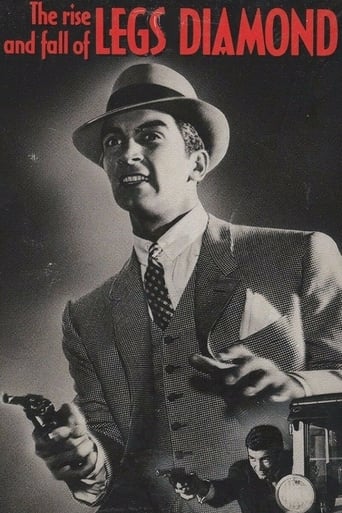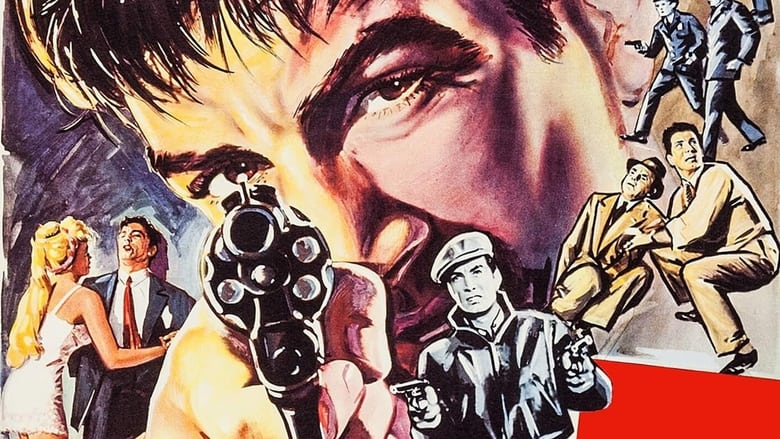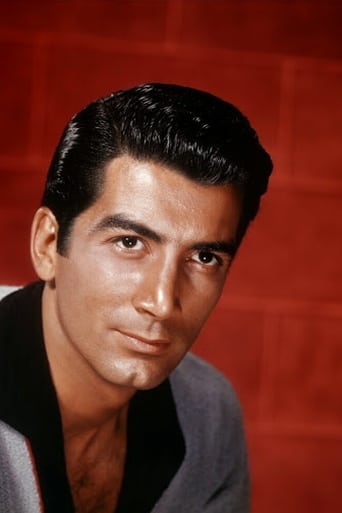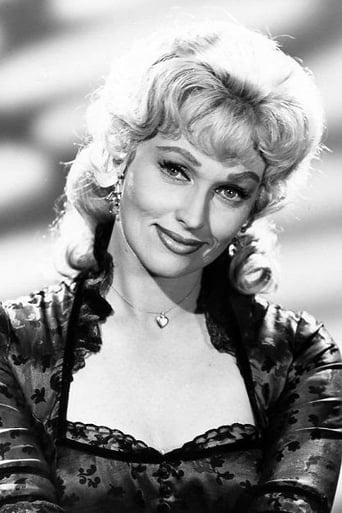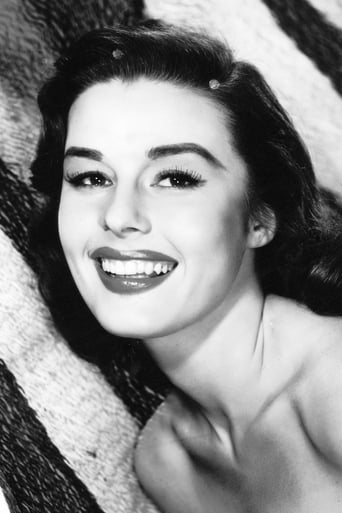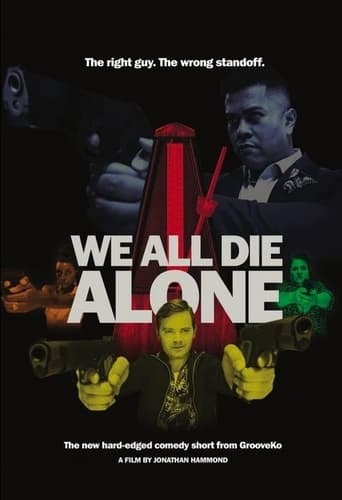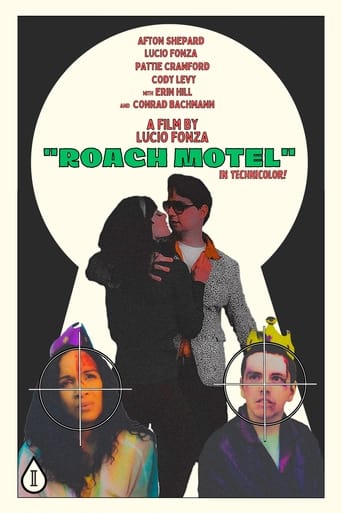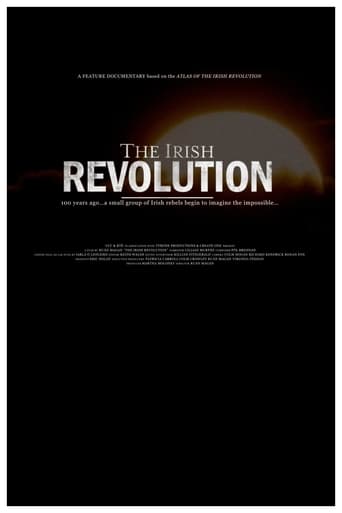The Rise and Fall of Legs Diamond (1960)
Jack Diamond and his sickly brother arrive in prohibition New York as jewelry thieves. After a spell in jail, the coldly ambitious Diamond hits on the idea of stealing from thieves himself and sets about getting close to gangster boss Arnold Rothstein to move in on his booze, girls, gambling, and drugs operations.
Watch Trailer
Free Trial Channels
Cast


Similar titles
Reviews
A different way of telling a story
I cannot think of one single thing that I would change about this film. The acting is incomparable, the directing deft, and the writing poignantly brilliant.
Excellent and certainly provocative... If nothing else, the film is a real conversation starter.
One of the film's great tricks is that, for a time, you think it will go down a rabbit hole of unrealistic glorification.
As the title states, the film follows the rise and fall of the 1920's narcissistic gangster, Legs Diamond.Warner Bros. certainly knew how to make gangster movies—Little Caesar (1930), Public Enemy (1931), High Sierra (1941)-- but this entry is a long way from these classics. It's a decent enough crime drama, but lacks the grit and menace of the classics. As a result, the story unfolds in entertaining but unmemorable fashion. Danton tries hard, snarling when he needs to, yet he may be a little too sleekly handsome to be convincing. After all, Cagney, Bogart, etc. were hardly matinée idols, and in a way that didn't clash with their expressions of toughness. Neither, however, is the movie helped by casting the faintly comical character Jesse White (Butch) as Legs' chief rival. Too bad the movie doesn't make better use of Warren Oates who's kind of shoved aside as Legs' sickly brother. He would have made an excellent toughie as his career later showed. Also, it's worth noting the film was directed by western ace Buddy Boetticher, who certainly knew how to drive action and suspense in his Ranown cycle of westerns. Here, however, he doesn't appear particularly engaged. For some reason the late 50's and early 60's were fascinated with real life gangster stories— Al Capone (1956), The Untouchables (1959-1963), Murder Inc. (1960), et. al. This 100- minutes is one of that cycle. But oh well, no matter what the movie's shortcomings, at least the girls provide plenty of eye candy.
There seems to be little connection between this story of "Legs" Diamond, who rose and fell, from bodyguard to mob boss to mob target in the 1920s, and the series of effective and inexpensive Westerns that Budd Boetticher had directed in the previous ten years. Too bad.The best of Boetticher's Randolph Scott Westerns has some good characterization and some occasionally fine dialog. Scott was always a taciturn man of principle who functioned as a kind of anchor for the other figures. The best of the stories had colorful villains and sidekicks like Lee Marvin and Richard Boone, outlaws with YEARNING.Alas, there is no Randolph Scott here. The central figure is Jack "Legs" Diamond, played by the marmorial Ray Danton, who was one of those actors, like Michael Ansara, much better at playing painted Sioux Indians than anything else. Karen Steele (Mrs. Boetticher at the time) is his loving wife for whom he cares nothing. She's a competent actress except when she needs to play a drunk, which is awful, and then she's one of those drunks that is embarrassing to watch.As for colorful villains, they're noticeably absent too. Oh, there are villains aplenty. Everybody is a villain or a weakling. But they're formulaic. They think of nobody but themselves. They have no unfulfilled desires, no spiritual qualities. Diamond himself sheds his friends, or vice versa. He even allows his crippled brother to die because his enemies are "getting to me through him." Well -- the bottom line is, if anybody makes you vulnerable, get rid of him.The best scene? Jesse White is a rival gangster who has tried to kill Diamond. White and his body guards visit an empty German restaurant, and, instead of the Dunkel that White ordered, Diamond emerges from the dumbwaiter carrying a Tommy gun. He makes White get on his knees and beg for his life while the poor guy is still trying to swallow his sauerkraut. It's the best scene in the movie in that it's the most amusing scene, but it's hardly memorable.After this production, Budd Boetticher was to go on a vision quest in Mexico where he wound up broke, living in roach-ridden motels and eating burritos. That's fine when you're in your teens or 20s but Boetticher was in his 40s. And that's a different story. To quote Philip Marlowe, "It was the kind of place I was always afraid I'd wind up in -- alone and broke." Still, a man of considerable probity, Boetticher will be remembered for those cheap Randolph Scott gem stones.
***SPOILERS*** Jack "Legs" Diamond, Ray Danton, was undoubtedly a nasty and ungrateful swine who beside killing people he also treated those who loved as well as put up with him like dirt. This in the end lead to his demise in an Albany hotel room on the evening of December 18,1931 when he ended up with five slugs in his body courtesy of the crime syndicate that he tried to muscle himself into. The arrogant an a bit muddled headed Diamond was set up by one of the women that he used and later dumped gangster Arnold "Big Bankroll, Rothstein's, Robert Lowery gun-moll Monica Blake, Elaine Stewart. It was Monica's way of getting back at the two-timing creep who like his long suffering wife Alice, Karen Steel, he had turned into a hapless and falling down on her head alcoholic!Diamond himself could be a very witty and charming fellow when he wanted to be but that was only to win over one's confidence whom he planned to use for his own advantage. Once he got his hooks into you it was good night Charlie! It's that way that Diamond rose to the top of the New York underworld. And in the end it was that kind of sleazy and back stabbing actions that ended up landing him on a cold slab at the Albany Hospital morgue! What was by far the most despicable thing that Diamond did was have his sick TB infected little brother Eddie, Warren Oates, die on the streets of Denver as a homeless person when he, despite having millions of dollars in ill gotten gains, refused to pay Eddie's hospital bills!It's when push came to shove in Diamond confronting the syndicate his own gang members deserted him in finally realizing that he wasn't exactly all there up-stairs. And weren't willing to end up in the same place, the grave, together with him. Alone with even his wife Alice, who put up with all the abuse he dished out on her, walking out on him Diamond dead drunk and barley awake, from all the booze in his system, would finally face justice! Not from the law but from those whom he was deeply involved with. And this time around, after three failed assassination attempts that left 11 bullets in his body, the bullets that Diamond thought that he was immune from found their mark!
The Rise and Fall of Legs Diamond is Budd Boetticher's cold look at a cool customer. The low temperature extends to Lucien Ballard's crisply composed black-and-white cinematography and to Ray Danton's chilly assumption of the title role. With his `matinee-idol' looks and devil-may-care attitude, he prefigures another kind of `cool' that would arrive on screen a year or so later, that of James Bond.Like Bond, Diamond thinks faster than anybody around him; his quick wits and ready charm get him out of scrapes as a jewel thief who came down the Hudson from Albany to try his luck in Manhattan. But that luck fails him and he ends up doing a short stretch; when he gets out, he resolves to steal from only those who `can't call the police' - other criminals. And he starts his way up in the Arnold Rothstein operation.His fatal flaw is that he cares for nobody but himself, using people ruthlessly. The women in his life (Karen Steele, Elaine Stewart and the young Dyan Cannon) suffer particularly from their sub-zero lover, but even his sickly brother (Warren Oates) ends up cast out into the blizzard. Diamond's estrangement increases apace with his sense of his own invincibility; having survived, against all odds, a spray of bullets, he convinces himself that he can't be killed. He's wrong.Though he's right for Boetticher's conception of the part, Danton had less of a career than he might have. He appeared in a few late films in the moribund noir cycle (as the psychotic killer in The Night Runner and as the Aspirin Kid in The Beat Generation) but, after this film, worked mostly in European cinema (by which such names as Fellini, Bergman or Godard should not be inferred).Boetticher has a few noir credentials as well (Behind Locked Doors, The Killer is Loose) but seems uneasy in how, on the cusp of Camelot, to spin this jazz-age tale. He opts for detachment, structuring the movie as a choppy series of vignettes - almost tableaux - that don't flow (several of the incidents clamor for more explanation, but he leaves us to fill in the missing pieces). And finally, neither director nor actor gives a sound accounting of the changes in Diamond: How the winsome scoundrel of the opening turns into the cold-blooded shark of the finish.

